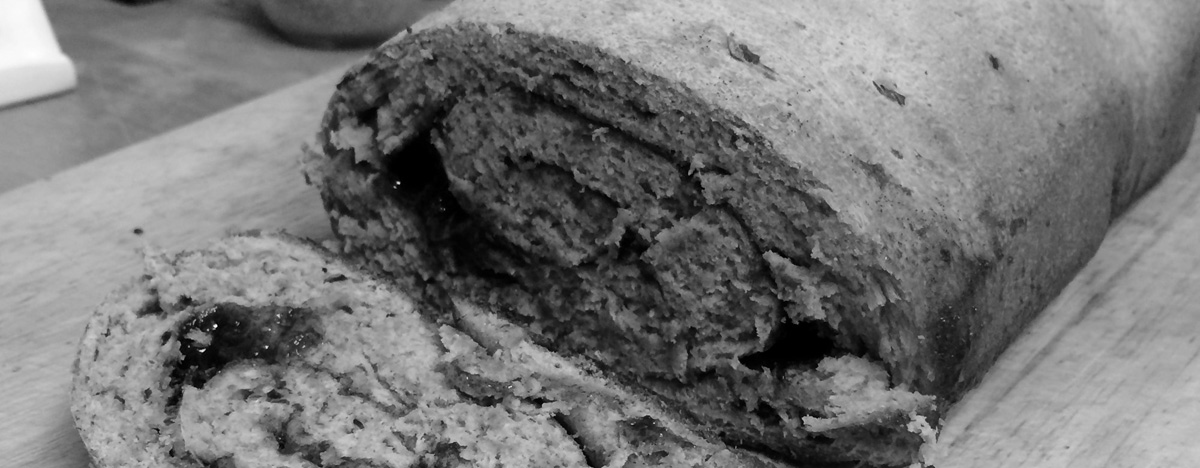Just over a year ago, I decided to start indulging my creative side by crafting objects like lamps, clocks, and even furniture out of vintage, found, and second-hand objects. I even turned my little projects into a business of sorts, and started a website to showcase and write about my creations. As I learned how easy it is to make things that I thought would be difficult – like wiring lamp sockets, cutting, sanding, and finishing wood, and drilling through glass and metal – I started experimenting with other things I realized might be easier than they seem. This led to experiments with making food from scratch. As it turns out, ice cream, fruit jams and preserves, soda, and nut butters are easy to make and generally taste better than what you can buy at the store.
At first, I felt smug about my new-found insights into the relative ease of the DIY lifestyle. It made me wonder how consumers got so easily fooled into believing that paying full price at the store was better than making their own bread and jam and peanut butter and ice cream and soda. But then, when I was sifting flour into my bread machine one evening, I suddenly thought about my Grandma G. Grandma G. made bread for her six kids and her husband every day. She did it by hand, and though by my father’s account Grandma’s cooking wasn’t great, it was serviceable. I pondered the innovation of the bread machine that allowed me to spend five minutes measuring ingredients into a pan so the machine could spend three hours mixing, kneading, and raising the dough which I would then transfer to the oven. I didn’t have three hours to spend mixing my own dough on a regular basis, which is why I had the bread machine. Bread making from scratch has become a luxury, and as such, it has also become a marker of status. In other words, it is a privilege. That is, if you are making your own bread, that probably means you have the luxury of time and resources – ironically, resources Grandma G., who was raising a large family on Grandpa G.’s meager salary, didn’t have. Her bread making was a necessity, not a luxury. She didn’t have a bread machine and access to hundreds of fancy bread recipes; she just had flour, yeast, salt, water, and her own efforts.
This line of thinking shouldn’t have startled me, but it did. I had to admit that I am privileged to indulge in DIY cooking of the staples most people buy at the store. I have the resources to buy organic produce, free-range chicken, hormone-free milk from pasture-raised cows, and the myriad tools that make it easy to bake your own bread and make your own nut butters and jam. I own a fancy, high-powered food processor that whirs nuts into butter in just a few minutes. I have giant stock pots that I can use to boil fruit and sugar into jam, and tools for canning it. I have a fancy ice cream attachment for my expensive countertop mixer. I spent hundreds of dollars on bottles, caps, strainers, and funnels, and roots, herbs, and special yeast for making soda. Somehow in all that frenzy of DIY activity, I lost sight of the fact that what people used to have to do has become what most people can’t afford to do.
How did we come to this state of affairs? Why is it now a privilege to get back to the basics that my Grandma G. practiced in her daily life? These are not rhetorical questions, but as of yet I’m not ready to dig too deep into some of the possible answers. At their core, these are questions related to the stratification that is inherent in the structure of capitalism, but they also have a lot to do with our individual pursuits of a better, faster, easier way to get things done. Our pursuit of ease in the interests of freeing up time to do more things has ironically led to us having less time than we used to. Grandma G. made bread for her family every day because she had to, but she undoubtedly would have loved to buy loaves at the store instead. Now, the daily treadmill of making ends meet, especially for those in the lower economic strata, makes buying loaves at the store the necessity, and having the time to make bread from scratch becomes the privilege.

Leave a Reply